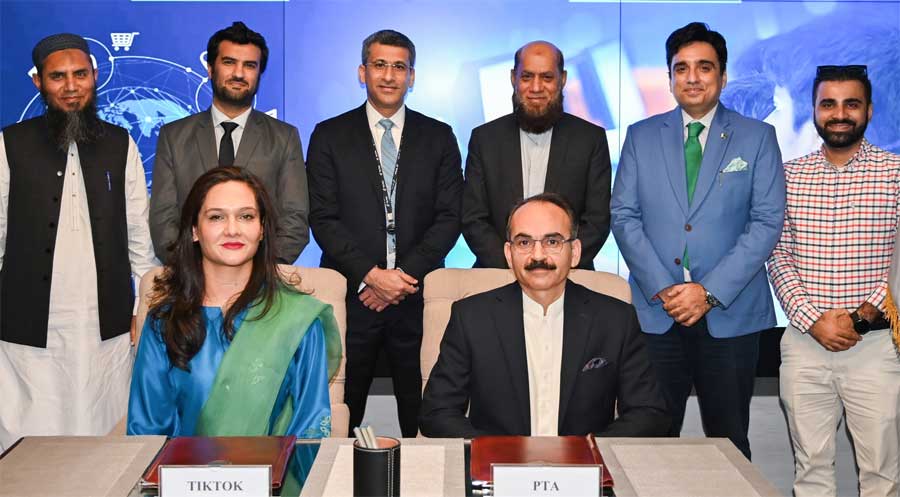Recent tensions in China-U.S. relations appear to support the claim that the post-World War II international order is coming to an end. In its place is a return to the great power rivalry and beggar-thy-neighbor competition that characterized the pre-World War I era. Careful analysis, however, shows that the postwar order is in no way over. Instead, it is evolving. Despite serious challenges and innate problems, it will persist as long as the great powers-and others-pursue necessary reforms to accommodate their respective interests while also taking care of those of others. All countries would benefit from sticking to the prevailing international order and making it work Emerging from World War II as the preeminent world power, the United States was instrumental in creating a new international order, primarily because it realized that shaping the rules, norms, and institutions of the new era would protect its global interests. Maintaining world order is, however, a costly business. As Paul Kennedy describes in his book The Rise and Fall of the Great Powers, great powers decline not because rising powers defeat them but because the cost of maintaining world order drains their resources. To avoid or postpone this, the United States did three things in the wake of World War II: preserved and enhanced its wartime system of military alliances, established a UN-centered group of international institutions and mechanisms, and developed partnerships with other countries. Through these efforts, the United States effectively enlisted others to help maintain world order at minimal cost.
The capacity of Western countries, which have been the strongest supporters of the current world order, to maintain that order has also declined sharply, especially since the end of the Cold War. Statistics show that the share of the world’s gross domestic product of Group of Seven (G7) countries-the United States, Canada, France, Germany, Italy, Japan, and the United Kingdom-dropped from 68 percent in 1992 to 47 percent in 2015. It dropped again to 30.15 percent in 2018 and is projected to go down to 27.26 percent in 2023. Although the decline in military capabilities is more moderate, North Atlantic Treaty Organization (NATO) spending has also shrunk from two-thirds of global defense spending to little more than half in 2017. Since the end of World War II, the West’s ability to maintain the world order has never been weaker.
Other major countries have become increasingly dissatisfied and frustrated with existing international arrangements as well. Russia begrudges NATO expansion; India is unhappy with the perceived inadequate international recognition of its status as a great power; and China is frustrated that its voice and interests have not received due attention and respect. Those countries and others are seeking a change in the current international arrangement. China’s efforts to assert its interests receive the most attention. As the leading rising power, China has created a number of initiatives to improve international cooperation, most notably through the Asian Infrastructure Investment Bank and the Belt and Road Initiative. These demands, given the sharply increased capabilities of the countries making them, have also strained the extant world order. For those and other reasons, the postwar world order is facing an unprecedented crisis. Despite its flaws, the current world order is still the best that humankind has created. Through established institutions, states champion universally accepted values and principles such as sovereignty, nonaggression, nonintervention in the internal affairs of other countries, human rights, rule of law, free trade, and the principle of common and differentiated responsibilities. States generally observe international laws and norms in light of the values and principles espoused by these institutions. Platforms have been created that offer countries an opportunity to air their frustrations with international arrangements and discuss ways and means to address pressing global issues. Another world war has thus far been avoided and unprecedented prosperity has been achieved. As a result, few countries have completely rejected the world order, regardless of any grudges they have against it.
Most nations have a stake in the existing order and are therefore more likely to stick with it. Wealthy countries expect that their wealth will be protected and poor countries expect aid when they are desperate. Both strong and weak states expect international laws and norms to protect their interests, one way or another. Most concerns are about perceived injustices in the distribution of benefits than about absolute losses. Some countries could be unhappy with a particular piece of an existing international arrangement but have no intention of overthrowing the world order as a whole in favor of a nineteenth-century arrangement (might is right). Thus, despite the U.S. withdrawal from some international institutions, most countries have chosen to stick with the existing order, whether by staying in institutions such as UNESCO and the Universal Postal Union or by observing the Joint Comprehensive Plan of Action and the Paris Agreement on climate change. Even rising powers such as China and India, which feel that the world order has not given their voices and interests adequate attention and respect, call for reform rather than replacement. For example, India wishes to be a permanent member of the UN Security Council and China hopes that its voting shares in the World Bank and International Monetary Fund will increase to reflect its growing economic clout. Furthermore, although tensions between China and the United States are increasing, they will likely remain limited. Both are nuclear weapons states, both have stakes in the existing order despite unhappiness with aspects of it, and both are more or less interested in maintaining their shared economic relationship. Under these circumstances, neither fighting a war nor decoupling their economies is a realistic option. The relationship could become more competitive, but China and the United States have thus far continued to observe the Code for Unplanned Encounters at Sea in the South China Sea and to negotiate trade agreements, indicating that they know they should find a way to coexist. They are still cooperating on many issues, including pressuring North Korea to give up nuclear weapons, fighting international crimes, ensuring international aviation safety, and dealing with pandemic diseases such as COVID-19. Moreover, most other countries have a vested interest in a stable and constructive relationship between China and the United States and refuse to take sides.
Finally, given the United States’ stake in the existing world order and that it can protect its interests only by maintaining that order, Washington will possibly have second thoughts about its current policies. After all, the Trump administration’s policies thus far are an exception rather than the rule in post-World War II U.S. activities. A future administration could see things differently and adopt watered-down version of traditional U.S. foreign policy.
The world order is evolving, but most established institutions and norms will likely remain. The United States will stay a leading power but could be less dominant. The West will continue to play a pivotal role but the world order will likely be less West-centric. When power is more diffuse, the world could be less efficient in addressing global challenges; at the same time, it could also adopt an approach that is more equal and consultative. The rising powers will likely have more power but also more responsibilities. Despite concerns about the decline of world order, countries can choose to transform it for the better.
To turn hope into reality, the major powers, especially China and the United States, should take up their respective responsibilities. They should resist the temptation to blame each other for the problems of existing institutions. Instead, they should carefully assess these institutions and identify areas that need improvement. They should consult with each other on that basis and jointly find a way to reform the extant international order in a way that accommodates their respective interests without undermining the interests of others. As the COVID-19 pandemic shows, the world is interconnected and mutually dependent.
The only way to effectively deal with global issues is to embrace collaboration and cooperation. For a better future, cooperation is not a choice; it is a necessity.
International order and China-US tensions




